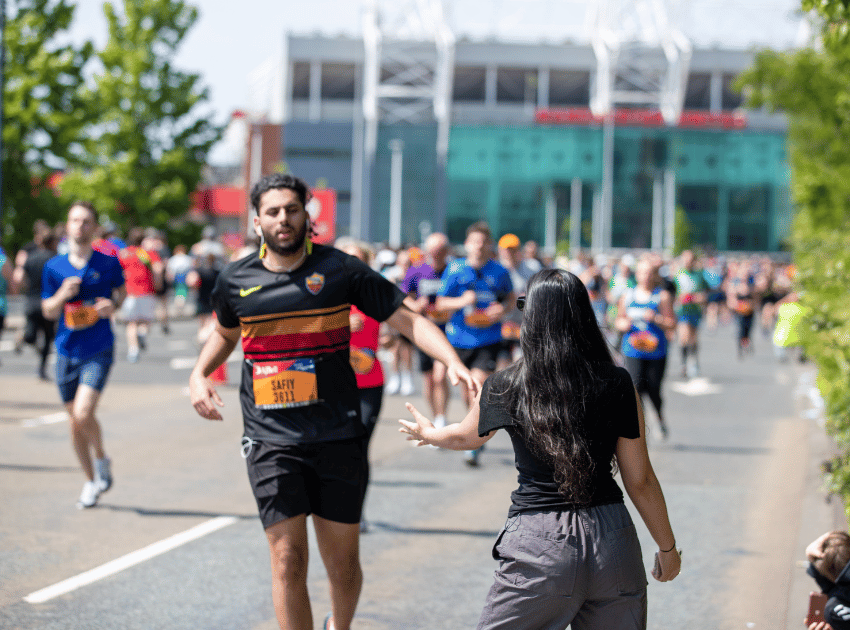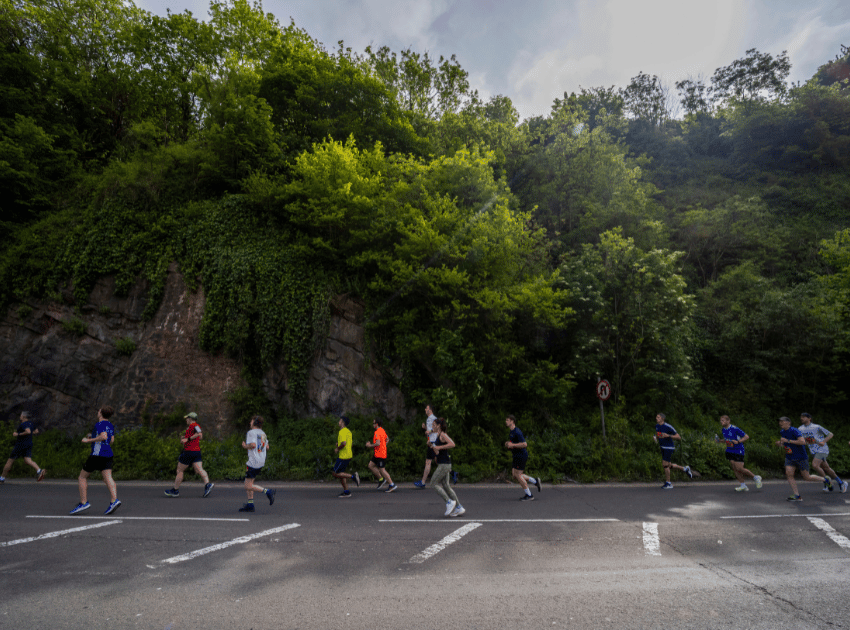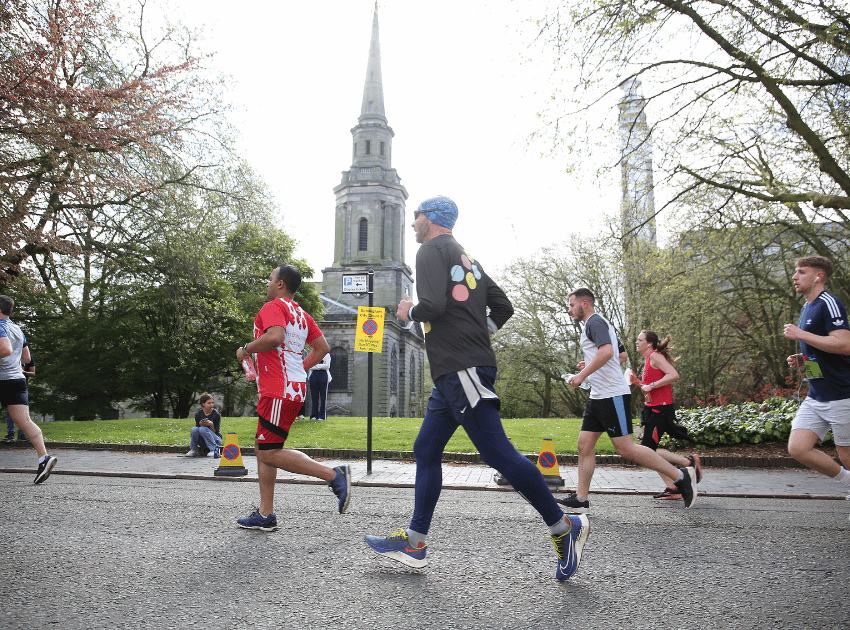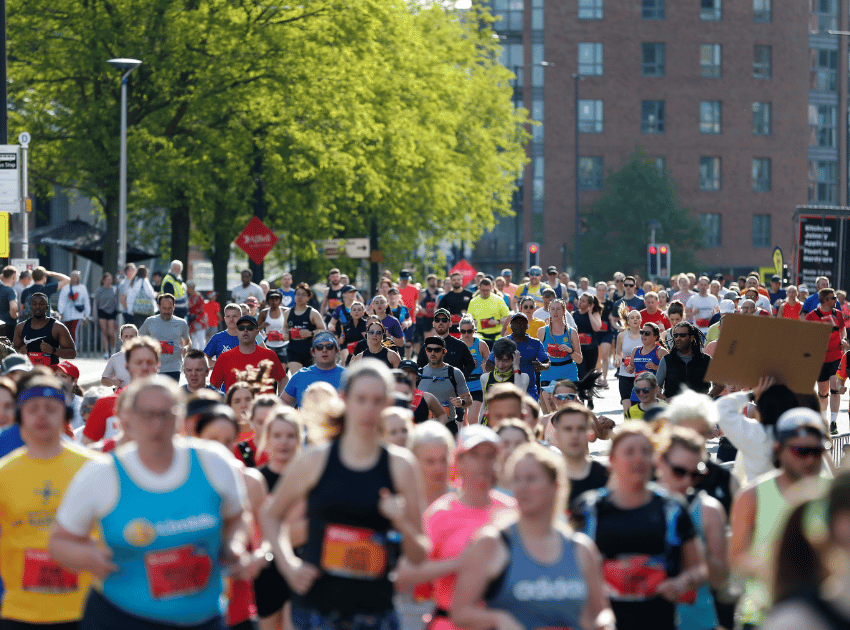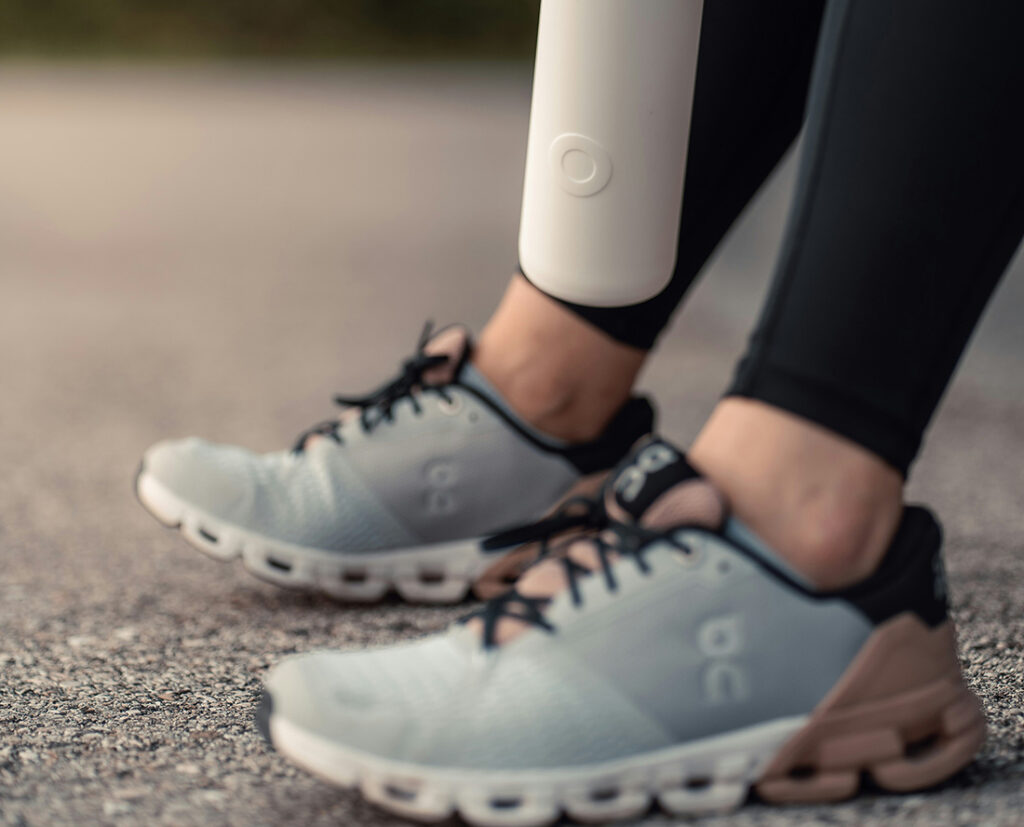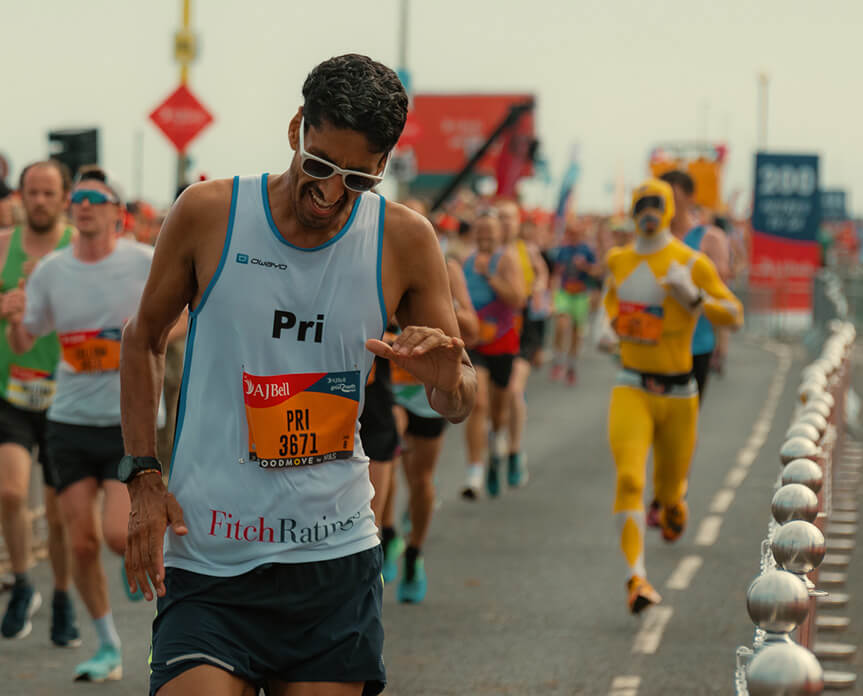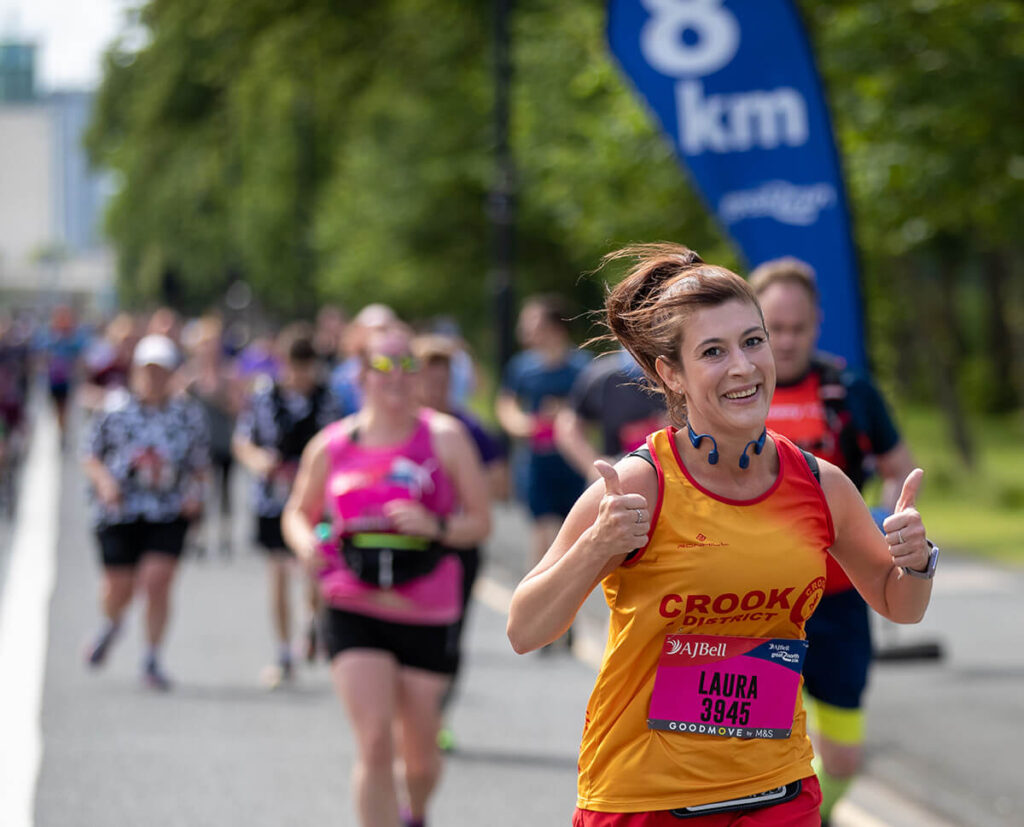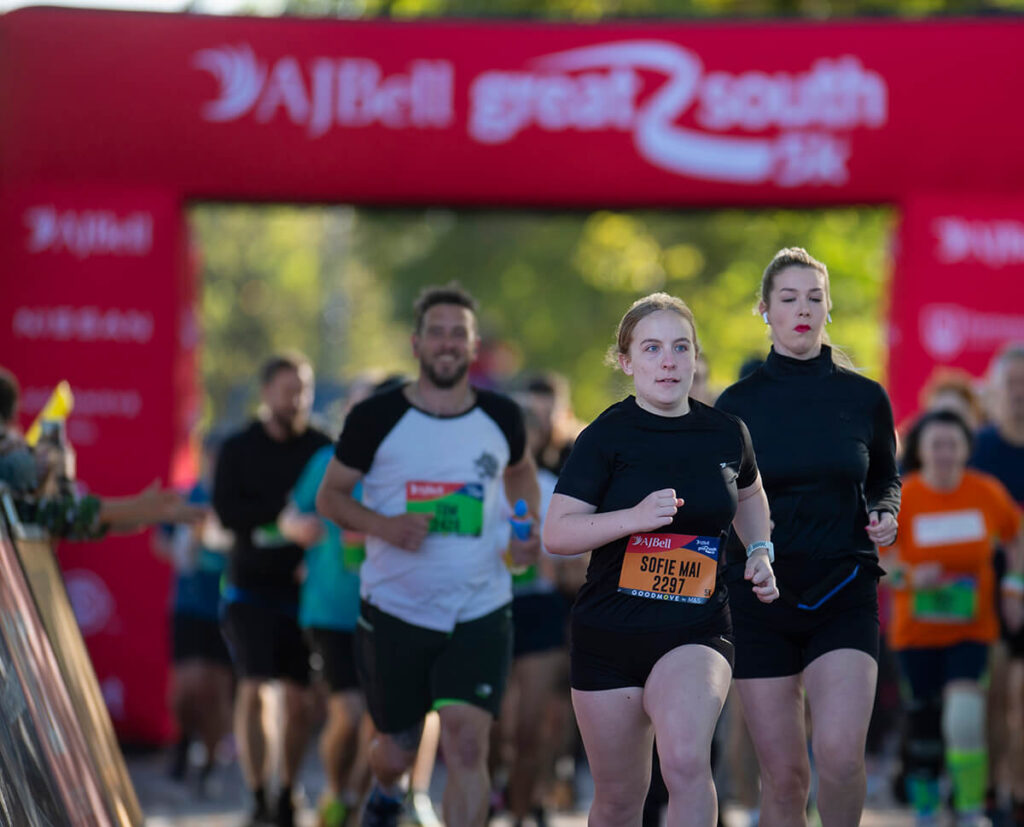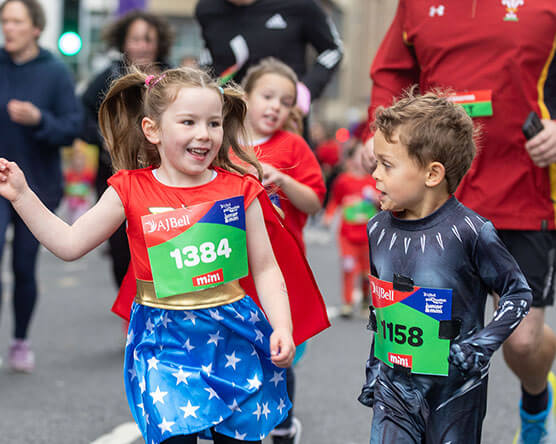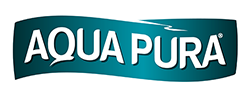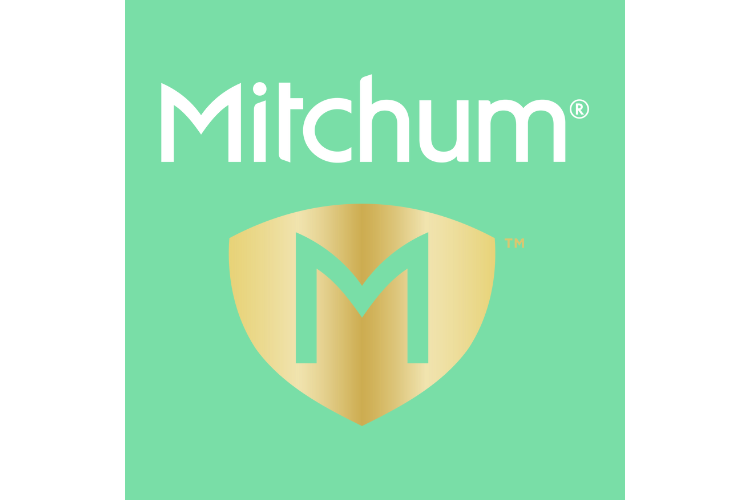More high-profile names than ever are proving that a vegetarian diet can enhance performance progress rather than reverse it.
One of the earliest to speak publicly about the benefits of cutting out animal products was Carl Lewis, who switched to a vegan diet in preparation for the 1991 World Championships in Tokyo. He has since said: “I’ve found that a person does not need protein from meat to be a successful athlete. In fact, my best year of track competition was the first year I ate a vegan diet.”
Since then, other high-profile sportspeople, including tennis players Venus Williams and Novak Djokovic, are among those to have shunned meat to the benefit of their winning ways. And it seems they’re on to something by claiming meat doesn’t matter as much as we thought for sport.
Performance
A 2015 analysis by Australian researchers of eight previous studies that compared the performance of athletes eating a vegetarian diet with those whose diets included meat concluded that well-planned and varied vegetarian diets neither hinder nor improve athletic performance.
This is in agreement with the findings of a previous review of studies by the University of British Columbia, Canada, which suggested that vegetarian diets can provide more than enough protein to support athletic training and performance. Numerous studies have measured physical fitness, limb circumference and strength in vegetarian and non-vegetarian athletes and found no differences in any of these parameters.
In other words, vegetarians were not disadvantaged in terms of their performance, fitness or strength.
Aerobic capacity
In one study, researchers asked runners to follow a vegetarian or non-vegetarian diet for two weeks. They found no difference in running performance between the two groups, suggesting giving up meat had no detrimental effect on short-term performance.
Among female athletes consuming a semi-vegetarian diet (less than 100g red meat per week), there was no difference in their aerobic fitness compared with meat eaters.
Danish researchers tested athletes after consuming either a vegetarian or non-vegetarian diet for six weeks alternately. The carbohydrate content of each diet was kept the same (57% energy). Whichever diet they ate, the athletes experienced no change in aerobic capacity, endurance, muscle glycogen concentration or strength.
In one study, ultra-runners completed a 1000km race over a 20-day period after consuming either a vegetarian or non-vegetarian diet containing similar amounts of carbohydrate (60% energy) and there was no difference in performance between the two groups.
Muscle strength
In a 2002 study, athletes who followed a vegetarian diet for 12 weeks of resistance training achieved the same strength and muscle size gains as those following a non-vegetarian diet containing exactly the same amount of protein. In other words, when it comes to building muscle, it doesn’t matter where you get your protein from, provided you’re getting enough of it. What these studies prove is that vegetarians can perform just as well as non-vegetarians and that a well-planned vegetarian diet does not hinder athletic performance.
What about iron?
Although the body only absorbs about 10% of iron from our food, it absorbs considerably less (typically three times less) from plant foods compared with meat. But don’t fret!
There is evidence that the body adapts over time by increasing the percentage of iron it absorbs from food. So, if your diet contains only small amounts of non-haeme iron, a higher percentage of it will be absorbed. Also, the body adjusts its absorption according to its iron needs.
For example, if your iron stores dip, the body absorbs more to replenish them; similarly when iron stores are ‘full’ then the body absorbs less. Studies suggest that although vegetarians have slightly lower stores of iron than non-vegetarians, iron-deficiency anaemia is no more common in vegetarians than meat eaters. According to a review of studies by the Academy of Nutrition and Dietetics, iron and haemoglobin levels are still well within the normal range.
Iron deficiency vs sports anaemia
It’s worth noting that it can sometimes be difficult to assess iron status from a single blood test, as strenuous exercise increases the volume of plasma in the blood, diluting the levels of haemoglobin. This increase can sometimes incorrectly suggest there is a deficiency. This is called ‘sports anaemia’.
It is not the same as iron-deficiency anaemia – it is simply a consequence of endurance training. It does not need any treatment as it is generally found in people who are in the early stages of a training programme.
Meat free recipe ideas
Performance porridge – spruce up your hearty oats with cinnamon, banana, blueberries and a handful of chopped nuts such as almonds, walnuts or pecans.
Walnut Burgers – walnuts are rich in omega-3 oils, which are important for oxygen delivery during exercise as well as for promoting recovery.
Halloumi and red pepper salad – peppers and tomatoes are excellent sources of vitamin C and phytonutrients. Halloumi is slightly lower in fat than most hard cheeses.
Anita Bean is an award-winning registered nutritionist and author of The Vegetarian Athlete’s Cookbook, £14.99; bloomsbury.com
This article was first published in Athletics Weekly. For more of the latest running and athletics news, plus performance features and much more, grab a copy of the magazine or check out www.athleticsweekly.com


